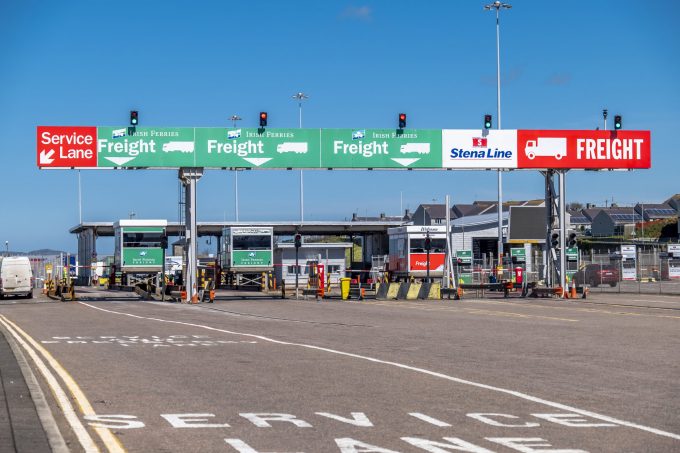UK phytosanitary border checks may be delayed again – 'we need to know'
The UK government has refused to rule out further delaying phytosanitary border checks and prolonging ...

Furious port operators are threatening legal action after the UK government’s decision to delay indefinitely, or scrap, phytosanitary checks, the final post-Brexit border control policy.
They claim the move puts UK exporters at a competitive disadvantage.
Minister for Brexit opportunities and government efficiency Jacob Rees-Mogg announced yesterday that phytosanitary import controls on EU goods, due for July, would now not be introduced, citing rising costs to UK consumers which he put down to Russia’s war with Ukraine.
“We will publish a target operating ...
Trump tariffs see hundreds of cancelled container bookings a day from Asia
'To ship or not to ship', the question for US importers amid tariff uncertainty
'Chaos after chaos' coming from de minimis changes and more tariffs
'Disastrous' DSV-Schenker merger would 'disrupt European haulage market'
Forto 'sharpens commercial priorities' as it lays off one-third of staff
List of blanked transpac sailings grows as trade war heats up and demand cools
EC approves DSV takeover of DB Schenker
Overcapacity looms for ocean trades – with more blanked sailings inevitable
Amazon Air’s metamorphosis: 'a different air cargo unit from two years ago'
Shippers in Asia restart ocean shipment bookings – but not from China
India withdraws access for Bangladesh transhipments, in 'very harmful' decision
'Tariff hell' leaves industries in limbo – 'not a great environment to plan'

Comment on this article
Deborah Newton-Cook
April 29, 2022 at 3:45 pmWhat a Brexit sh*tshow.